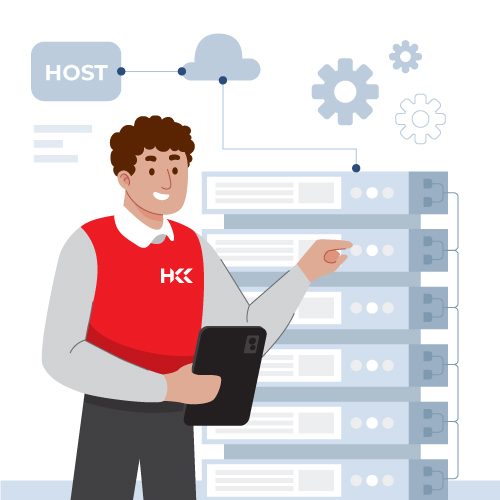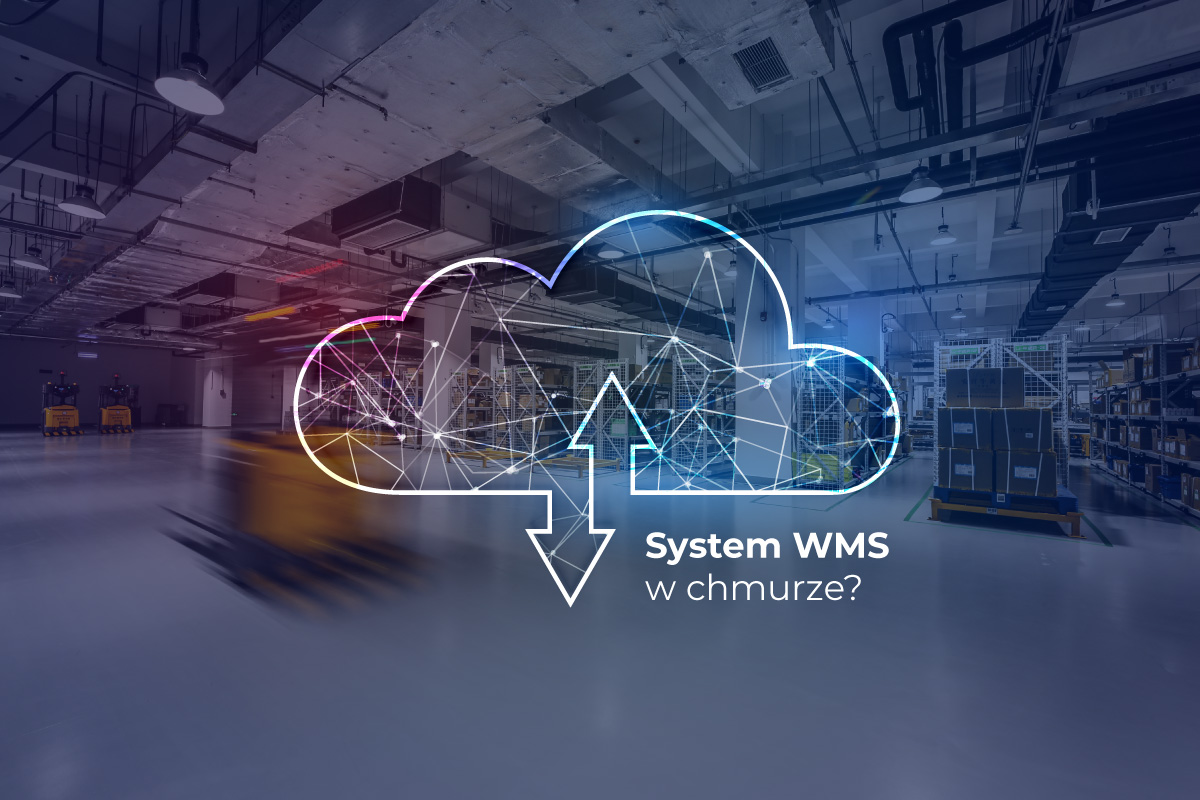Key information:
The peculiarities of recent years, especially the development of multichannel commerce, have meant that a significant portion of orders are fulfilled directly to the customer, and there is no margin for error to handle such an order from local stock.
These factors make it imperative that a warehouse support system(WMS-Warehouse Management System) be maintained in a stable and secure environment. Customers using our WMS solutions (HKK WMS and Blue Yonder WMS) are increasingly choosing to use cloud solutions as the installation environment for their warehouse management system. In this article, we will try to tell you why.
Case one - WMS security above all else.
Not so long ago, many IT managers were losing their well-being at the mere thought of moving the “hosting” of critical systems outside their internal infrastructure. It seemed to them that only the owner of the data and system would be able to keep them safe. If the capabilities of the in-house IT department are truly strong, it is likely that the highest cyber security standards will be maintained. For smaller organizations, it will be wiser to entrust the management of server infrastructure into the hands of specialists who focus on this very aspect.
One of our clients, who is a representative of the logistics operator industry, was maintaining a WMS on a local server. He decided to move his WMS to a cloud environment. This happened after a hacking attack carried out on his company via a virus that infected servers via email. Thanks to a sensible backup policy supported by our WMS, we were able to restore the contents of the databases in no time and the migration itself didn’t take long either. At the moment, the care of the security of the installation rests with the cloud service provider, and it is up to them to ensure the highest standards of data security.
Case two - a guarantee of fast repair of WMS errors regardless of their cause.
Another case we are aware of involves a WMS user who, due to aspects of corporate policy, expected to meet a very ambitious and restrictive time regime for the SLA. Errors in WMS systems happen, just like in any other system. The fact that the WMS is a critical system for the operation of logistics departments means that the repair of errors, especially those preventing further work, must be carried out rapidly.
An element that can delay the repair of such an error may be the fact that it occurred in the database or operating system of the server. Only by keeping the server in the cloud can you be guaranteed that these types of faults will also be fixed at lightning speed. This was at the heart of the client’s decision to move from a locally maintained solution to a cloud solution.

Case three - a hybrid version between cloud and local installation.
The case of another customer using the supplied by the
HKK Group
WMS-class warehouse management system. Our client’s IT department was well aware of the benefits of cloud hosting, but its corporate policies prevented it from taking advantage of such an offering. However, a compromise solution was found.
The system has been installed on a server belonging to the client, located in the client’s facilities, but the installation itself and ongoing supervision (both preventive and emergency), is carried out by the hosting provider. The provider also conducts periodic audits of the server environment, providing a guarantee of its proper functioning, as if it were an environment installed on a server physically located in the cloud provider’s facilities.
Cloud hosting - is it worth it?
The question of whether hosting a WMS in the cloud is the right solution for your business should be confronted first and foremost with the nature of your business , the degree of criticality of your warehouse operations and the cost of any downtime. Technically, the cloud solution is more secure. However, it comes at a price, and it is the financial aspect that continues to make cloud WMS installations not the dominant solution.






